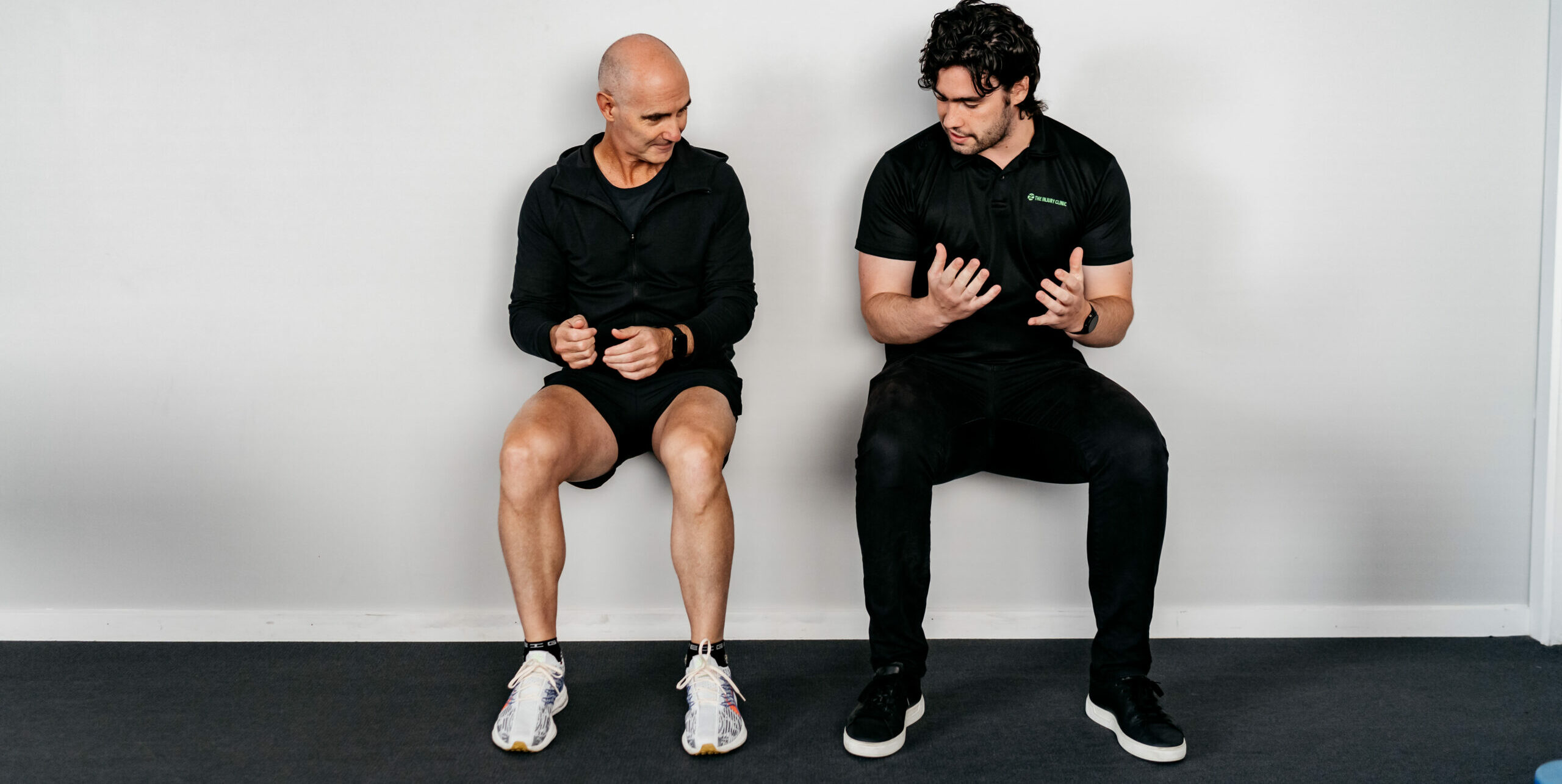
Want to learn more about patellofemoral pain syndrome?
Lachie Cooper, Physiotherapist, has answered some common questions.
Check them out below!
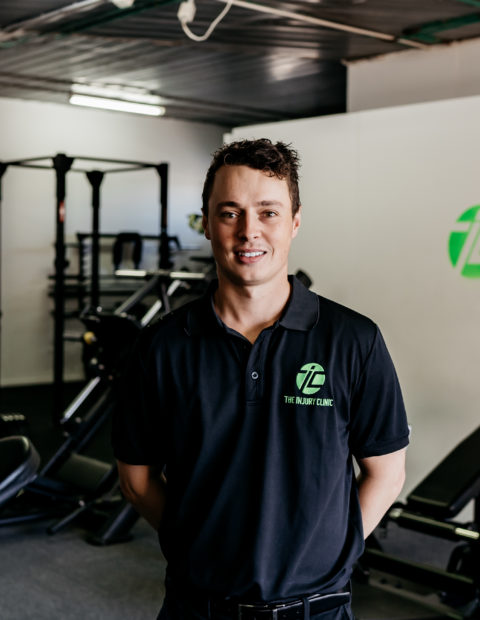
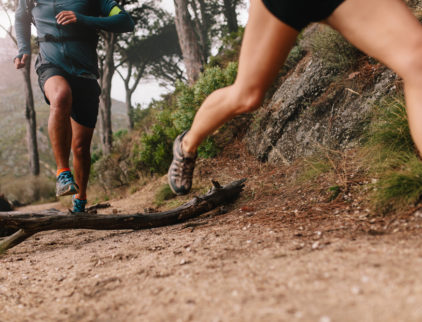
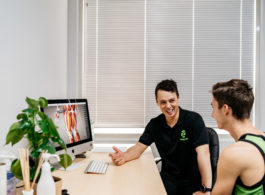
What is patellofemoral pain?
Patellofemoral pain is characterised by a gradual onset of pain around or behind the patella. Generally, patients will report pain with tasks that have higher compressive loads through the patellofemoral joint, such as squatting, running (especially on hills), kneeling and using stairs. Interestingly, researchers aren’t exactly sure of the specific tissue or tissues within the patellofemoral joint driving the pain response. As such, it is a diagnosis made via exclusion and is based on a cluster of signs and symptoms (i.e. the diagnosis is after ruling out other tissue sources whilst meeting a range of criteria).
Is it best to just rest my knee if I have PFP?
No! It is generally not advisable to completely rest from activity if you are experiencing patellofemoral pain. Patellofemoral pain generally requires a multimodal approach for management, of which strengthening and maintenance of some physical activity are included. Complete rest may result in deconditioning and consequently symptoms are likely to reappear with an attempt to return to previous activities. In some cases, a reduction in activities which increase loads through the patellofemoral joint may be required.
Will strength training damage my knee further?
No. Generally, strengthening of musculature around the knee is an important part of management. In acute and/or irritable cases of patellofemoral pain, exercises may be directed towards hip musculature or towards the quadriceps in positions with relatively low compressive loads through the patellofemoral joint.
If I get patellofemoral pain, does this mean my quads are weak?
Quadriceps weakness is associated with the development of patellofemoral pain, however may not necessarily be a contributing factor in all cases. There are a range of other factors which may contribute, including:
- Decreased hip strength (particularly through hip abduction, extension and external rotation)
- Decreased hip control
- Hypermobile or hypomobile patellofemoral joint
- Running biomechanics
- Rapid increases in activities which have a higher load through the patellofemoral joint, (including hill running, stair climbing and prolonged sitting)
Can I use a knee brace or taping to keep training?
Absolutely. Taping is an effective way to reduce symptoms in individuals with patellofemoral pain. There are a variety of different taping methods on the market which may reduce activity related patellofemoral pain. ‘McConnell taping’ is the most commonly used method of taping. Clinically, I have found that patients tend not to respond well to patellofemoral braces and prefer taping.
Can my running gait affect patellofemoral pain?
Absolutely. Increased peak hip adduction and internal rotation movement in stance phase of running are associated with the development of patellofemoral pain. A lower cadence (i.e. steps per minute) is associated with an increase in peak compressive loads through the patellofemoral joint, and as such may contribute to the development of symptoms.
Schedule your next visit
If you’re interested in booking an appointment with one of our team members, contact our clinic today and we’ll be happy to find time for a consultation.
Schedule ConsultExplore our physiotherapy services
Musculoskeletal
Physiotherapy
At The Injury Clinic Physiotherapy, we work closely with our clients to get them back doing the things they love as soon as possible.
Sports
Physiotherapy
The Injury Clinic Physiotherapy works with recreational to elite athletes to keep them injury free and achieving their goals.
Dry
Needling
All physiotherapists at The Injury Clinic Physiotherapy are qualified and experienced in dry needling as a treatment technique.
Running Related Injuries
Physiotherapists at The Injury Clinic Physiotherapy have a special interest in the diagnosis and management of running-related injuries.
Women's Health
Physiotherapy
We have physiotherapists with a special interest in Women's Health, including pre and post partum presentations. Let us work with you to stay fit, active and healthy.
Pre & Post-Operative
Physiotherapy
Physiotherapists at The Injury Clinic Physiotherapy work closely with surgeons to ensure best outcomes post surgery.
Injury Q&A
Our clinicians have been answering all your questions!
Running Analysis
The goal of a running analysis is to identify aspects of your technique that may be contributing to injury or impacting on efficiency.
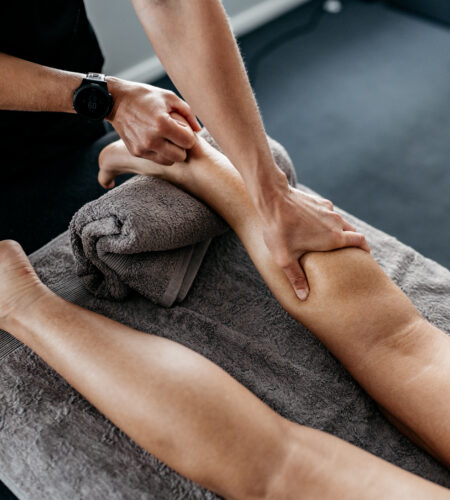

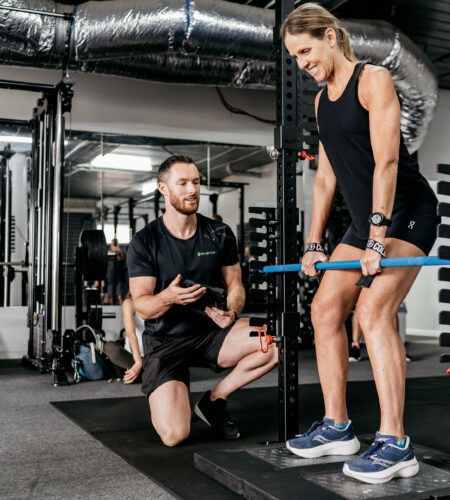

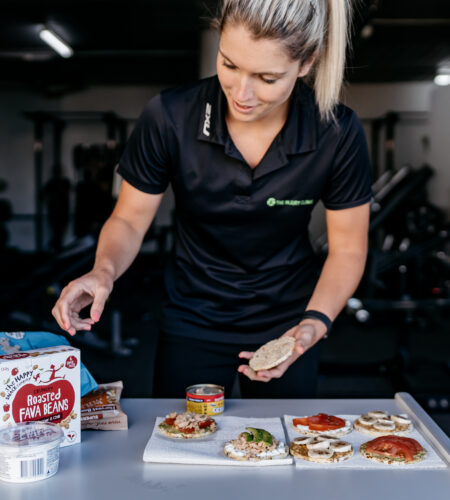

Schedule your next visit
If you’re interested in booking an appointment with one of our team members, contact our clinic today and we’ll be happy to find time for a consultation.
Schedule Consult